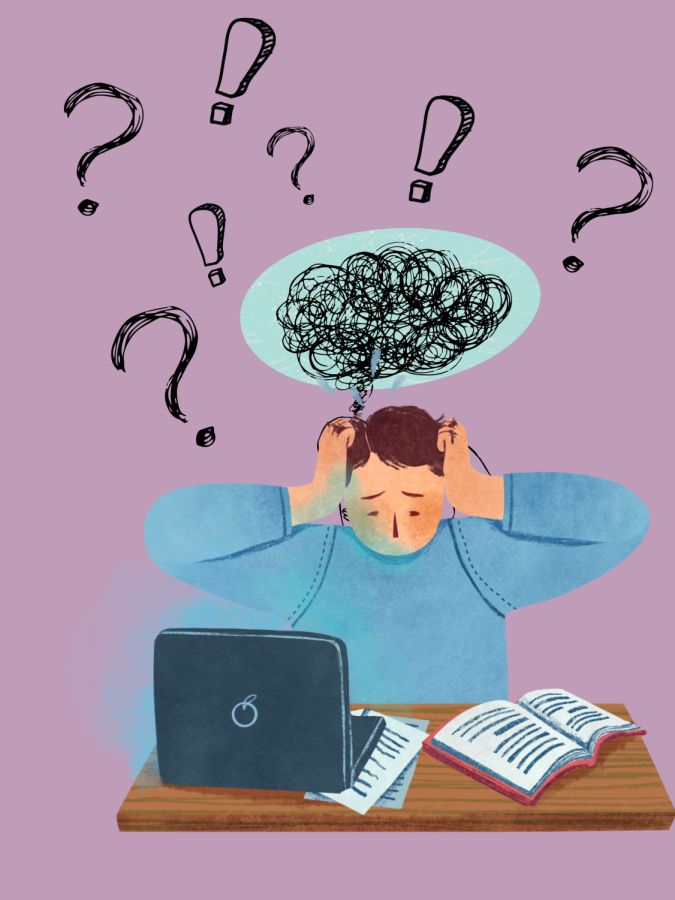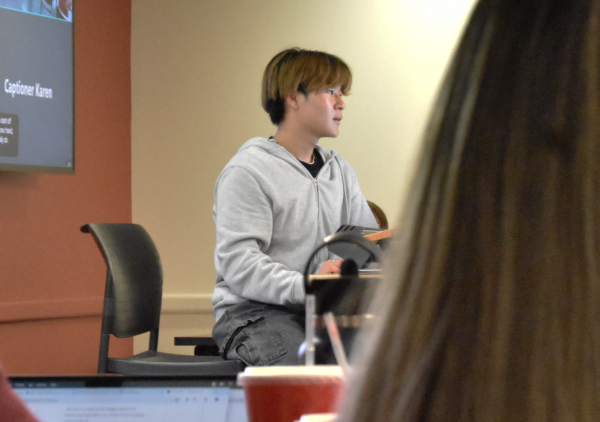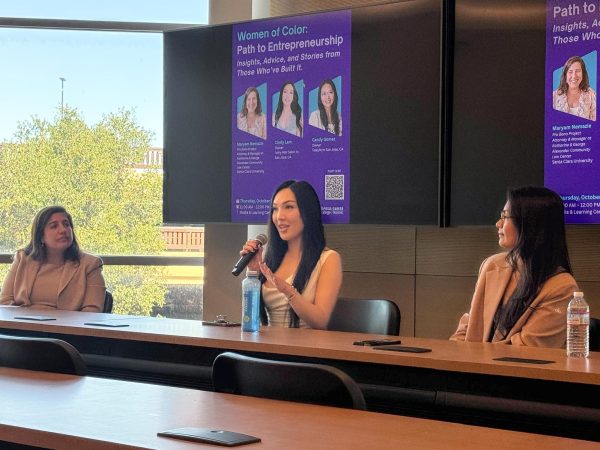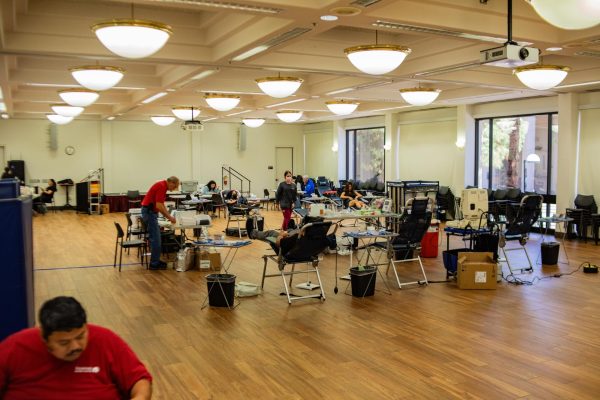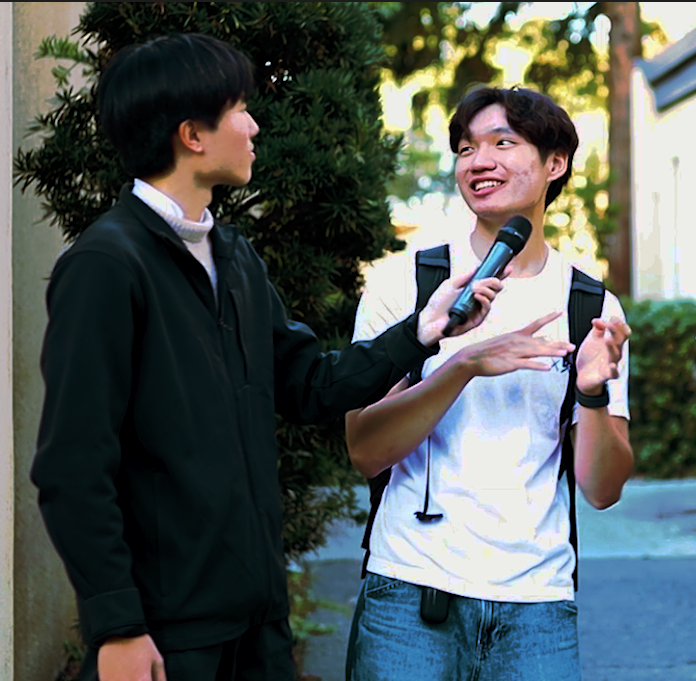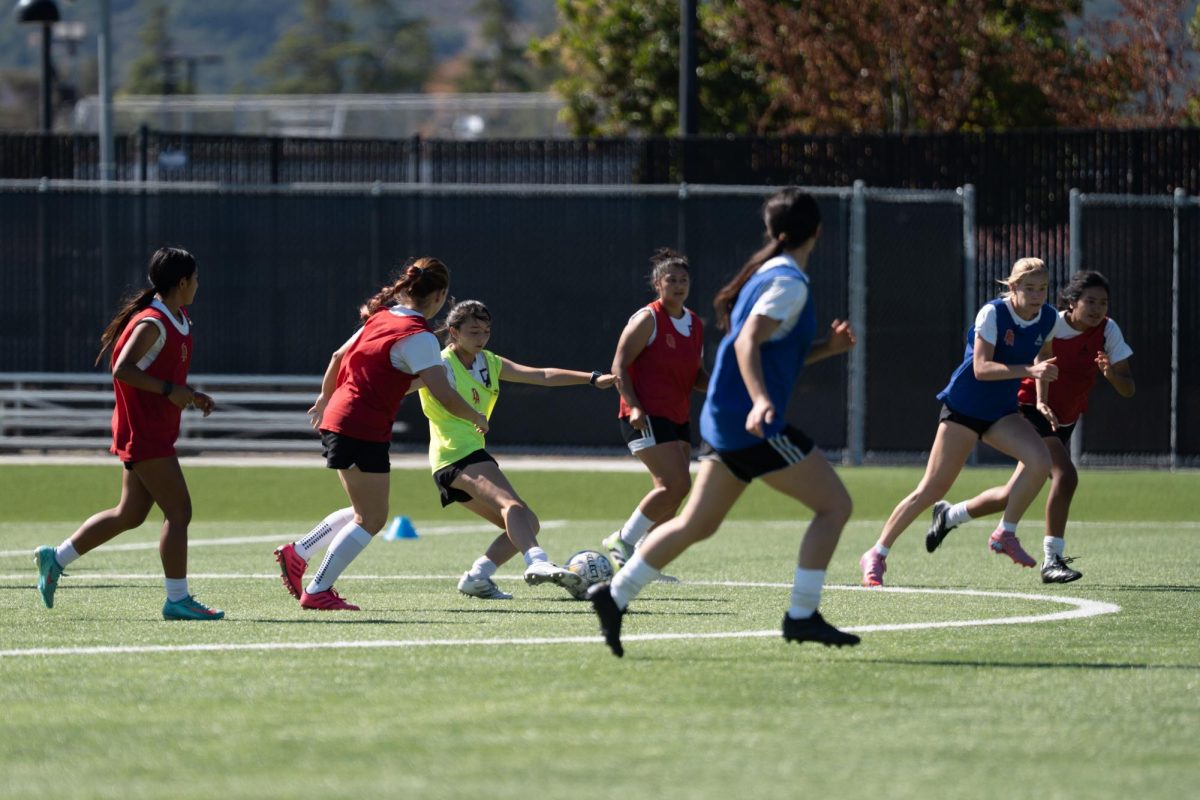Students navigate mental health post-pandemic
March 27, 2023
With classes and events returning to De Anza College’s campus, students are forced to confront mental health issues – both new and pre-existing – after several quarters of online education.
According to Mental Health America’s poll from April 2022, “a large increase in the percentage of youth experiencing emotional, attentional or behavioral difficulties” was seen in people that took mental health screens in 2021 and 2022 compared to those who took them in 2019.
These findings are consistent with how De Anza students felt, including English major Lydia Ramirez, 20, who said that the abrupt switch to online learning made her struggle with staying on track academically.
“Because it was online, it made it easier to not do work so I stopped going to classes,” Ramirez said. “I just couldn’t get myself to think about school without freaking out. It got to the point where I wasn’t going to graduate.”
Chair of the Psychology Department Mark Healy said he tried his best to make online learning as accessible as possible, but he knew that being forced to stay at home would be hard on students.
“The amount of students dropping my class or just stopped doing work was much higher than previous years,” Healy said. “Students were facing new external factors that created anxiety that wasn’t there before.”
Hannah Rabbani, 18, economics major and president of De Anza’s Active Minds club, was taking online courses while living in Dubai when the pandemic first hit.
“Interactions between me and my professors and just human interaction in general was very limited online,” Rabbani said. “This affected my mental health which in turn negatively impacted my GPA, which ultimately made my mental health even worse.”
Despite the lack of motivation and increase in anxiety and depression felt during the quarantine period, many students believe the slow return to in-person classes and activities is helping with productivity and mental health.
“It definitely helps me to have a reason to go out and interact with people,” Ramirez said. “I think what helped me get out of my depression was to have a solid routine again.”
Michael Haswell, 21, political science major, said online learning forced him to reassess his priorities, making him realize that mental health deserved more of his attention than he was giving it prior to the pandemic.
“I’ve learned how to deal with my mental health on my own and it taught me how to put things in perspective,” Haswell said. “It made me realize that there are a lot more important things, like your own wellbeing, than this one assignment or test.”
Most students said that being back in person provides a sense of relief for them both mentally and physically, but some explained that being forced to partake in online education for over a year had serious impacts on their mental health that are still seen in their daily lives.
Alythalia Garcia, 19, forensic anthropology major, said their anxiety has gotten worse after returning to in-person events after quarantine.
“I’ve always had the worst anxiety when it comes to being around a lot of people at once (and) it’s gotten worse since being back in person,” Garcia said. “Though I hate being around most large groups, I need it in order to function.”
Healy explained that the rise in symptoms of anxiety and depression is justified after facing a “rare, life-altering event like the pandemic.” However, he said a positive result from the pandemic is the change in how people talk about mental health.
“Your generation is essentially forcing society to face the truth about mental health issues,” Healy said. “You can go up to your friends and talk about panic attacks, triggers and trauma. That’s never happened before. That was unheard of.”
Despite this, many students still felt that campus-provided mental health resources were not promoted enough during the pandemic and believe the campus could be doing a better job with increasing knowledge of these resources.
“I talk to so many students through my club, especially other international students who are struggling and have no idea about the resources on campus,” Rabbani said.
Neither Ramirez nor Haswell were aware of the psychological services provided by De Anza.
“I feel like De Anza should be advertising mental health resources just as much as they advertise academic resources and counselors,” Haswell said. “We all just went through this crazy pandemic, so we need the support more than ever.”
For more information on De Anza’s psychological services, visit https://www.deanza.edu/psychologicalservices/ or stop by their office in person in RSS 258 between 8:30 a.m. and 2:30 p.m. Monday through Thursday.



